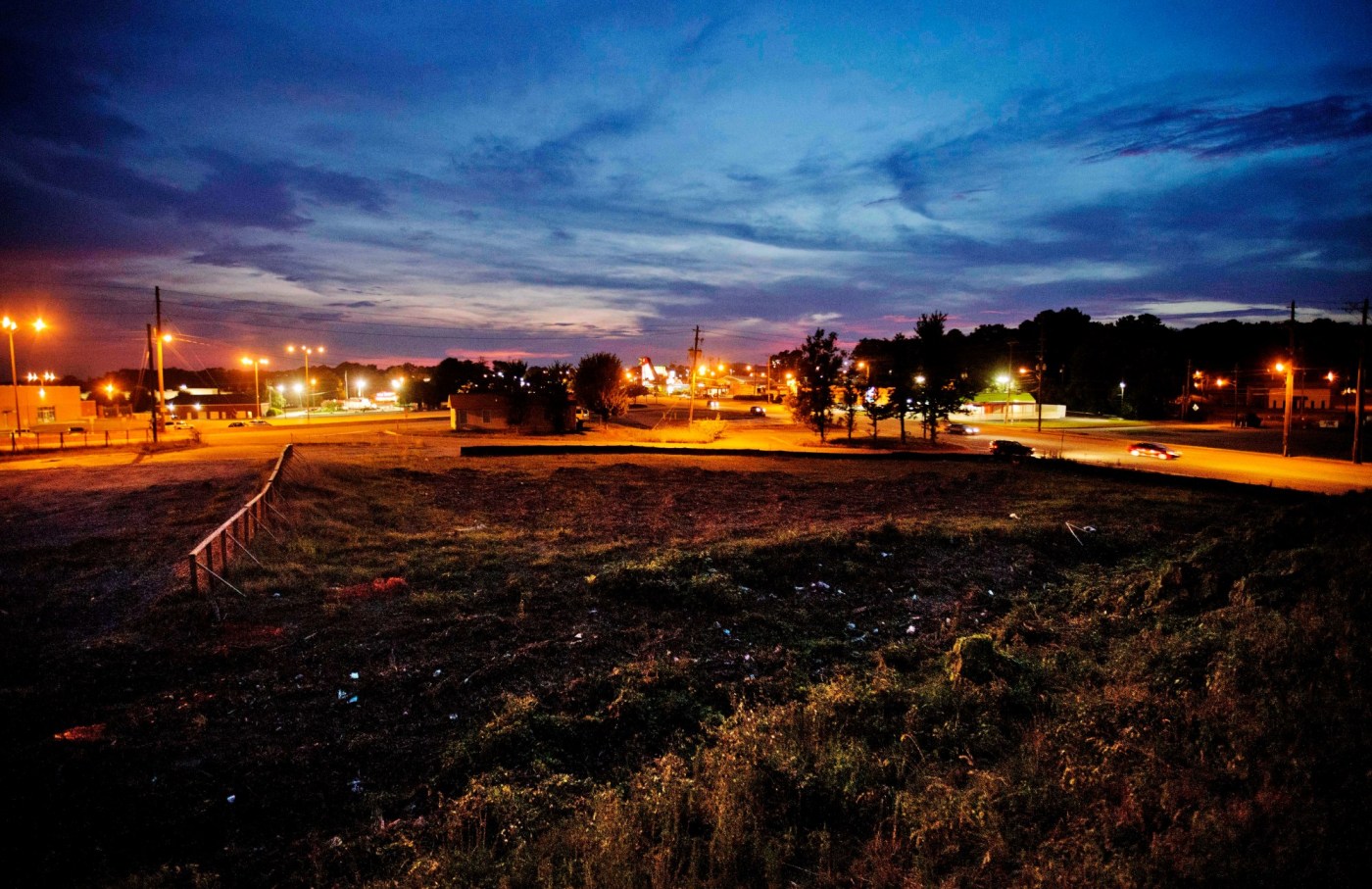UPDATE: Today marks the somber anniversary of the lynching of Jewish businessman Leo Frank by a mob in Cobb County, Georgia, on August 17, 1915. Frank, whose death sentence was commuted to life imprisonment for the murder of 13-year-old Mary Phagan, maintained his innocence until his tragic death. This event remains a stark reminder of racial and ethnic violence in American history.
In an urgent reflection on this day, it’s essential to remember that Frank was posthumously pardoned by the state of Georgia in 1986, highlighting the long-overdue recognition of his wrongful conviction. The legacy of this event continues to resonate, raising critical discussions about justice and discrimination today.
The historical significance of this date extends beyond Frank’s tragic death. On August 17, 1807, inventor Robert Fulton made history with the first successful voyage of his North River Steamboat, marking a pivotal moment in transportation.
Additionally, on this day in 1863, federal batteries began bombarding Fort Sumter during the Civil War, showcasing the era’s struggles. August 17 is also notable for the proclamation of Indonesian independence by Sukarno and Mohammad Hatta in 1945, igniting a revolution against Dutch colonial rule.
In more recent history, the 1998 testimony of then-President Bill Clinton regarding his relationship with Monica Lewinsky and the subsequent impeachment proceedings are remembered as a pivotal moment in U.S. political history.
Moreover, the catastrophic 1999 earthquake in Turkey claimed over 17,000 lives, underscoring the human cost of natural disasters and the ongoing need for disaster preparedness in vulnerable regions.
As we reflect on these events, it is crucial to engage with their implications for society today. The challenges of justice, equality, and community resilience remain as relevant now as they were over a century ago.
Today, we also recognize the birthdays of notable figures such as Margaret Hamilton (89), Robert De Niro (82), and Larry Ellison (81), reminding us of the enduring impact of individual lives on collective history.
As we move forward, these reflections encourage vital conversations about our shared past and its influence on the present. What lessons can we learn to prevent such tragedies from occurring again? The urgency for justice and equity is now more critical than ever.
